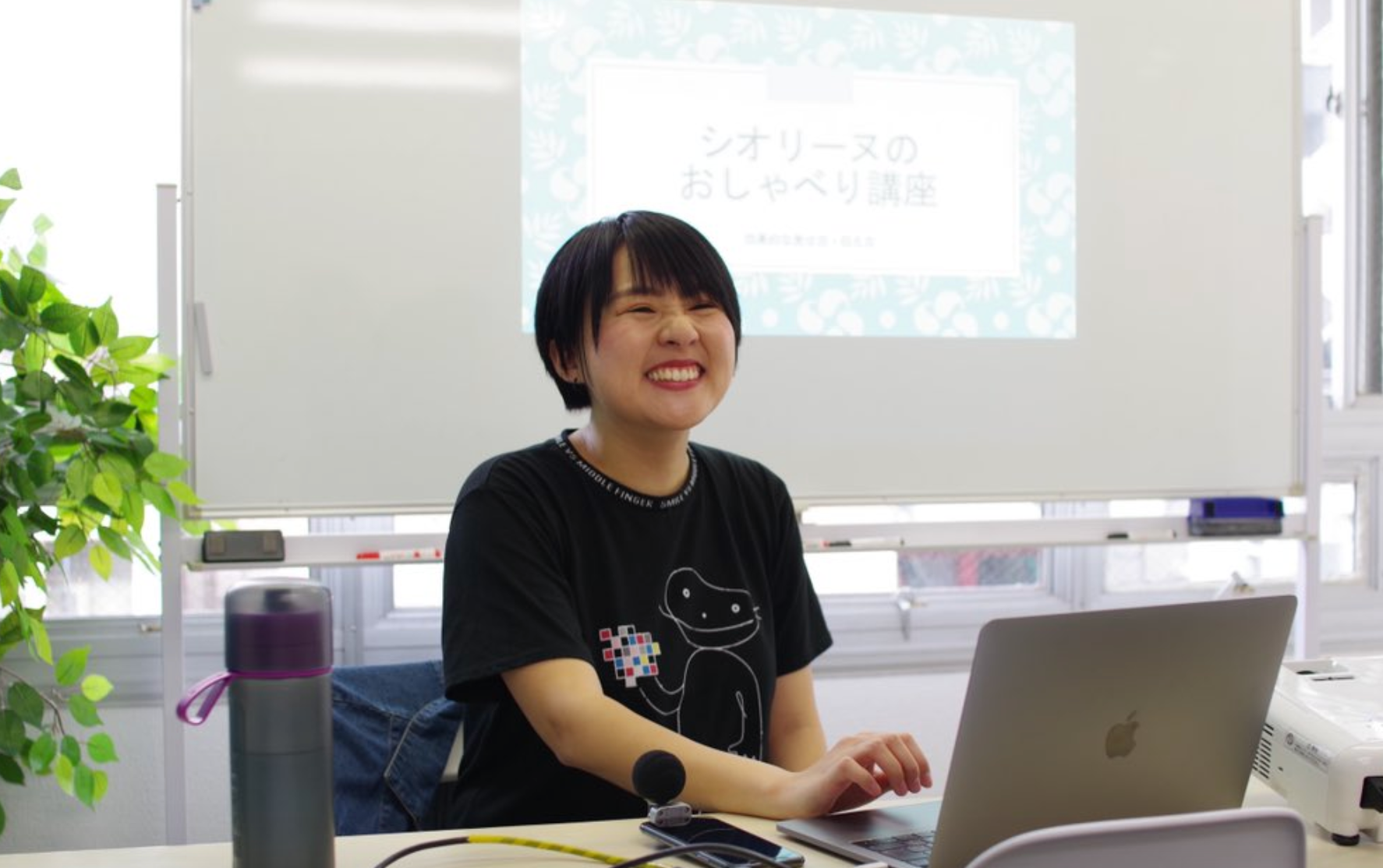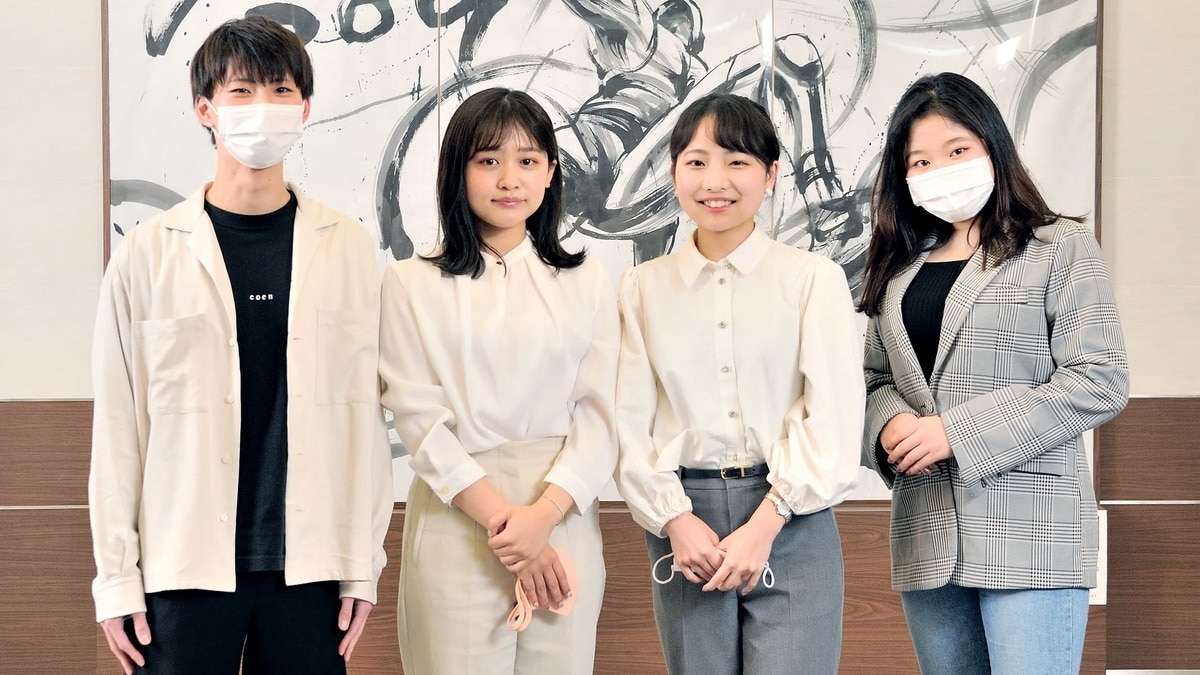朝日新聞の記事を通して、助産師さんのシオリーヌさんの性教育YouTubeチャンネルのことを初めて知りました。
性教育は命に直結するとても大切なお話。イギリスの小学校で10週に渡る育児レッスンを受けた際にも、性教育については学校で教わるだけではなく、家庭の安心できる環境で子供と話をすることの大切さについてスクールカウンセラーの先生が強調されていました。
朝日新聞の記事、そしてシオリーヌさんの動画を拝見し、我が家でも早速子供達とも自分の体を大事にすること、大切な人の体も大事にすることについて話すことができました。

まずは、サイト運営者「あみ」の紹介を簡単に
✅海外生活 約30年。イギリスなどに在住
✅元英文記者。外務省担当も
✅TOEIC満点、J-Shine資格あり
✅子ども2人は南半球生まれ
✅0歳~社会人の英語講師経験
2020年11月15日付の朝日新聞の記事
ここのところ目にするアフターピルについて、1人1人が考えるきっかけになる素敵な記事でした。
世界と日本の比較
JKビジネスについてのドキュメンタリー
JKビジネスについてのドキュメンタリーです。
今すぐに取り組んでいかなければならない問題。。。
アフターピルを使うことについて
フェミニズムについて
セブ留学
セブツアー
絵本 “Where Did I Come From?”
子供はどうやって生まれるのかという質問にとても丁寧に答えてくれている絵本です。
絵本 “No Means No!”
キスされたりハグされたりしたくないことは誰にでもあること。
その場合はきちんと断っていいんだよ、ということを分かりやすく教えてくれる絵本です。
自分の気持ちをはっきりと伝えていくことの大切さについて考えるきっかけになる1冊です。
***
オーストラリアの保育園でまず最初に徹底的に教えていたことがとても印象に残っています。それは”No!”を伝えることについて。
自分がよかれと思ってしていることでも、相手にとっては不快だということがある。だからこそしっかり”No”と伝える必要がある。1人1人違うからこそ、言語で伝える。”No!”と言われたら”Stop”すること、離れることが大事!
***
No!と伝えられない場合、様々なトラブルに繋がってしまいかねないですよね。例えば、共有したくない情報を共有することになってしまったり、不当な扱いを受け入れることになってしまったり、共依存関係になってしまうことも…。しっかりと気持ちを伝えあいたいですよね!
***
https://www.mext.go.jp/content/20210416-mxt_kyousei02-000014005_31.pdf
Japan’s Secret Shame: She Spoke Out – And Changed Japan Forever
伊藤詩織さんのドキュメンタリーを観ても、”No means NO!”だということをしっかり理解することの大切さを実感します。
芥川賞作家が見た「性加害問題」ー小説家 金原ひとみ
【金原ひとみが見た性加害問題】
・複数視点から性加害を描く意味
・「過激リベラル女性」と「典型的おじさん」
・現代社会に潜む性加害
・新作『YABUNONAKA』
・現代人に小説は必要か
絵本 “My Body Belongs to Me from My Head to My Toes”
自分の身体を大切にすること、触られたくない時ははっきりと断ること、断っても止めてもらえない場合は信頼できる大人に相談すること、というとても素敵なメッセージを分かりやすく伝えてくれています。
子どもたちに自分の身体を自分で守ることについて話し合うきっかけになる1冊です。
『13歳までに伝えたい女の子の心と体のこと』
心と体についてイラスト入りでとても分かりやすく説明されている本でした。
AIツールChat GPTに聞く信頼関係の築き方について
最後になりますが、Chat GPTにラポール(信頼関係)の築き方について聞いてみました。
Building rapport is an important social skill that can help you develop stronger relationships with people, whether it’s in a personal or professional setting. Here are some tips on how to build rapport with others:
- Show interest: Show genuine interest in the person you’re talking to. Ask questions about their interests, experiences, and opinions, and listen actively to their responses.
- Find common ground: Look for shared interests or experiences that you can connect on. This can help build a sense of camaraderie and shared understanding.
- Use positive body language: Use open body language, such as maintaining eye contact, smiling, and nodding, to show that you’re engaged and interested in the conversation.
- Be authentic: Be true to yourself and your personality. People can usually sense when someone is being fake or insincere.
- Empathize: Show empathy by acknowledging and validating the other person’s feelings and experiences. This can help build a sense of trust and understanding.
- Share personal experiences: Share some of your own experiences and feelings to create a sense of shared vulnerability and connection.
- Follow up: If you’ve made a connection with someone, follow up with them later on to continue building the relationship.
Remember, building rapport takes time and effort. Be patient and continue to practice these tips consistently to develop stronger relationships with those around you.
Take care!
あみ













コメント